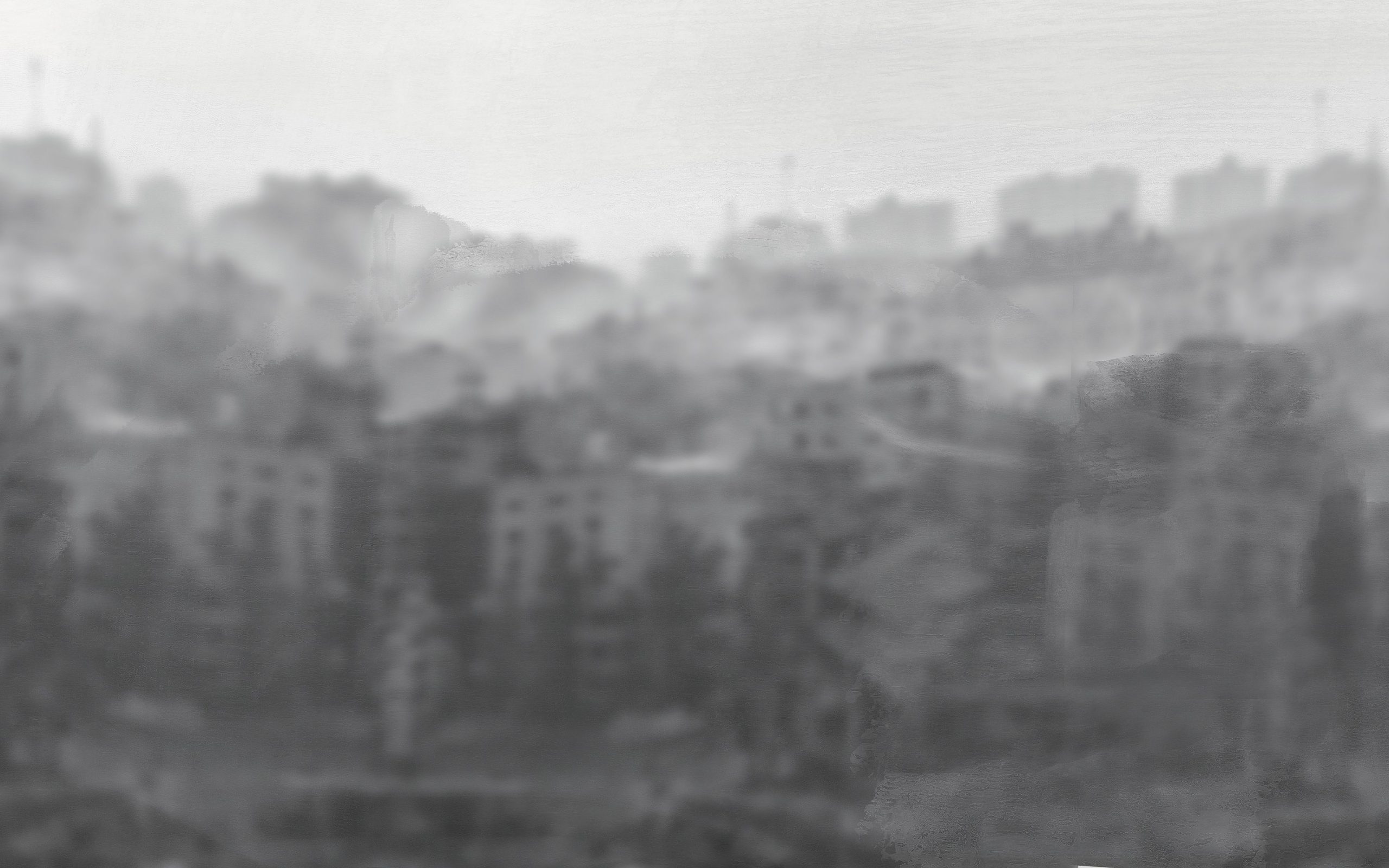Khalid Al Baih’s latest exhibition, ‘Shahid’, sheds light on the harsh realities of Israel’s war on Gaza, urging viewers to confront forgotten images and honour the memories of the victims, while also drawing attention to the ongoing crisis in Sudan.
Khalid Al Baih, a Sudanese artist and political cartoonist, is set to unveil his latest exhibition in Doha – ‘ Shahid’, Arabic for ‘witness’, which sheds light on the harsh realities of Israel’s indiscriminate war on Gaza.
Al Baih’s ‘Shahid’ installation at the Arab Museum of Modern Art (Mathaf), which was curated by Fatima Mustafawai, opens to the public on May 6. Ghada Al Khater, a Qatari multidisciplinary artist, will also deliver a talk during the opening event.
In light of the rise of new media technologies, where images and videos can be beamed worldwide in an instant, Al Baih’s exhibition calls for a moment of reflection – what are the images from Israel’s renewed onslaught of Gaza that we have forgotten and how do we honour the memories of those fallen?
Since October 7, the Gaza Ministry of Health reports that 34,622 Palestinians in the enclave have been killed by Israeli occupational forces.
A further 77,867 Palestinians have been left injured amid the violent occupier destroying the Strip’s medical sector, with at least 80% of primary healthcare centres no longer functional.
Other civilian targets also haven’t been spared. Israel has destroyed the enclave’s homes, Islamic and Christian houses of worship and bakeries.
“The artwork captures our position as eyewitnesses,” said Al Baih.
“In my interactive installation… I aim to highlight a few of the initial viral images from the first months of the war on Gaza, which were often quickly forgotten as the world pursues the perpetrators to document wave after another of horrific imagery from the ongoing massacres,” he added.
He also took aim at the normalisation of the namelessness of innocent victims caught up in Israel’s war. This, he said, highlights the urgency for “us as a collective to take the stand as a witness. As a visitor to Shahid, I implore you, as witnesses, to confront these images, to immerse yourselves in them, and to honour the memory of the first 6000 victims by reading out as many as you can of their names.”
Solidarity with Sudan
Meanwhile, in Al Baih’s native Sudan, fighting between the Sudanese Armed Forces (SAF) and the paramilitary Rapid Support Forces (RSF) has now surpassed one year.
The conflict erupted in April 2023 after a failed implementation of an internationally backed framework to merge the two factions for a democratic transition of power in Sudan.
The SAF and RSF were unable to resolve the matter of who would assume leadership. This power struggle led to the SAF’s General Abdel Fattah Al Burhan and the RSF’s Mohamed ‘Hemedti’ Hamdan Dagalo plummeting their nation into war and forcibly internally and externally displacing at least 8,762,233 people.
Yet, Al Baih noted an eerie silence within mainstream media about the crisis in Sudan.
“We’re all aware of Sudan’s neglect by the media… This disregard can largely be attributed to the Western media’s struggle to simplify Sudan’s multifaceted issues into black-and-white narratives,” he said via Instagram.
Further, in a March report, Amnesty International wrote about the compounding impact of communications blackouts in Sudan on citizens and humanitarian operations.
“I have been unable to communicate with my family members in Khartoum for over two weeks now. I am so worried about their situation. I can only hope that they are well. The internet outage is keeping me worried about my family every day,” said a Kenya-based Sudanese citizen about the stress induced by the lack of access to the internet in their country.
Al Baih said: “Limited internet access on the ground in Sudan [also contributes] to the scarcity of footage to be used by the media.”
However, he concluded that by showing solidarity with the Palestinian plight, he is also extending solidarity with the people of Sudan and other conflict areas in the Global South.
“I firmly believe that if the world can’t see the well-documented black-and-white genocide in Gaza, perhaps that’s why they can’t see us – yet if they do see Gaza, they will see all of us,” he concluded.







